24/7 Helpline:
(866) 899-221924/7 Helpline:
(866) 899-2219
Learn more about PTSD Rehab centers in Sequim
PTSD Rehab in Other Cities

Other Insurance Options

Health Choice

American Behavioral

Providence

Access to Recovery (ATR) Voucher

Group Health Incorporated

Kaiser Permanente
Beacon

Excellus

Self-pay options

United Health Care

Optima

Magellan

Cigna

BlueCross

UMR

Regence

WellCare Health Plans

Covered California

AllWell

Premera

Peninsula Behavioral Health – Sequim
Peninsula Behavioral Health – Sequim is a private rehab located in Sequim, Washington. Peninsula Beh...

Olympic Personal Growth Center
Olympic Personal Growth Center is a private rehab located in Sequim, Washington. Olympic Personal Gr...

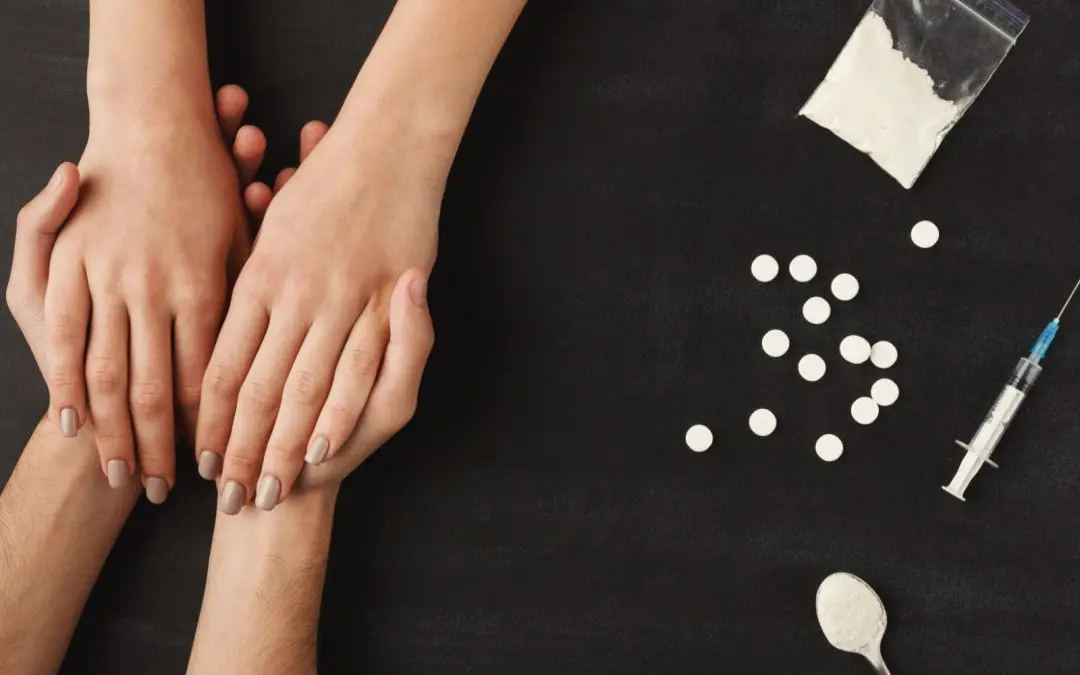


Safe Harbor Recovery Center
Safe Harbor Recovery Center is a private rehab located in Sequim, Washington. Safe Harbor Recovery C...

Reflections Counseling Services
Reflections Counseling Services is a private rehab located in Port Angeles, Washington. Reflections ...

Peninsula Behavioral Health – Youth Services Center
Peninsula Behavioral Health – Youth Services Center is a private rehab located in Port Angeles, Wash...

American Behavioral Health Systems – ABHS
American Behavioral Health Systems (ABHS) offers comprehensive behavioral health care by providing c...

Peninsula Behavioral Health – Horizon Center
Peninsula Behavioral Health – Horizon Center is a private rehab located in Port Angeles, Washington....

Peninsula Behavioral Health
Peninsula Behavioral Health is a private rehab located in Port Angeles, Washington. Peninsula Behavi...












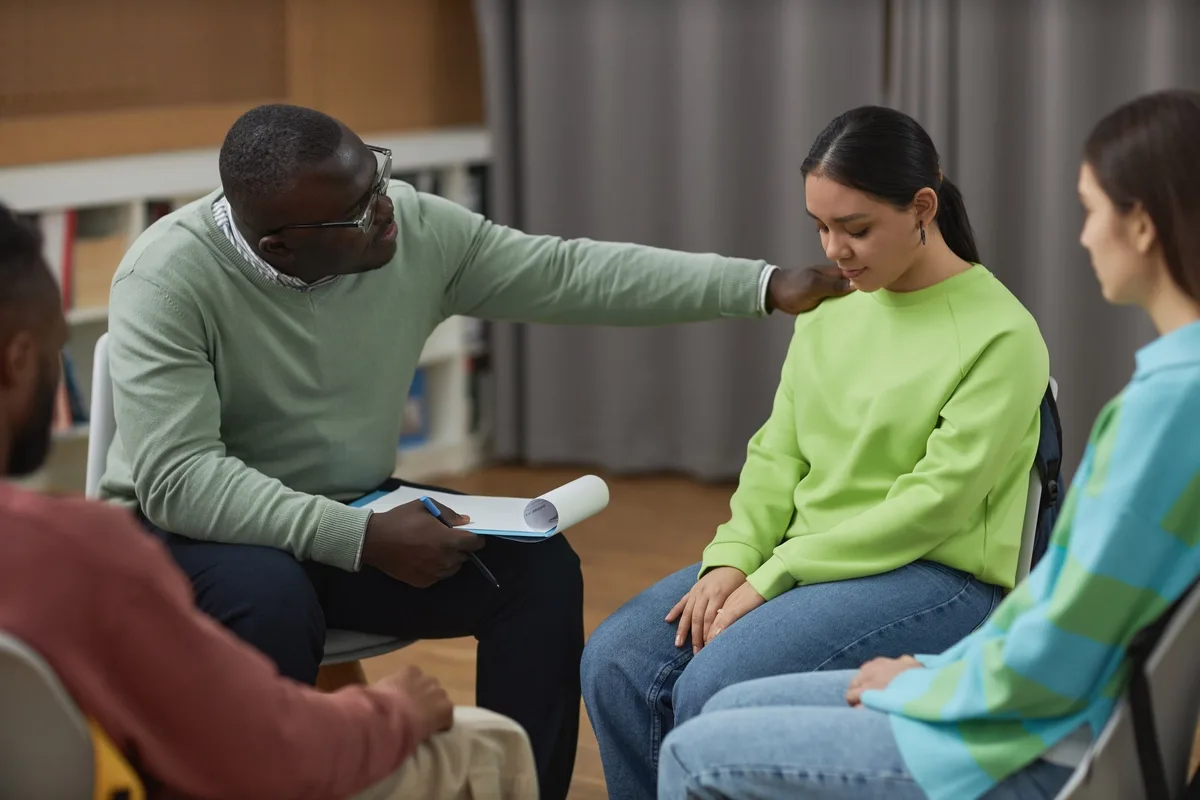



















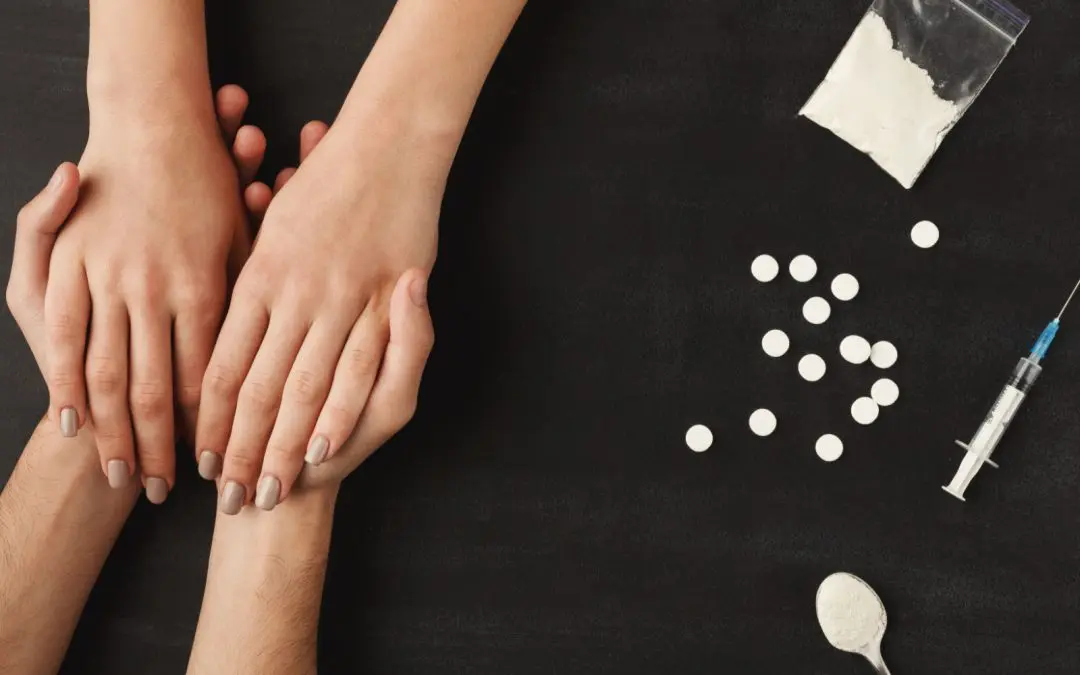






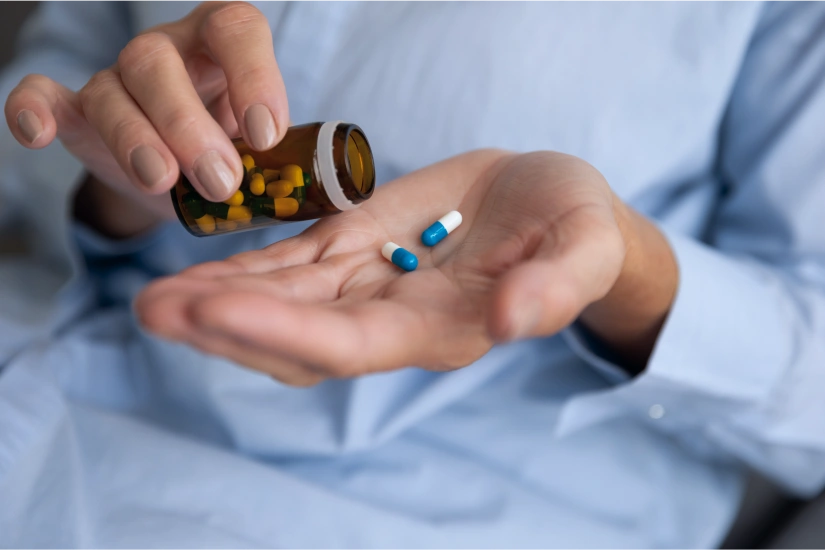

























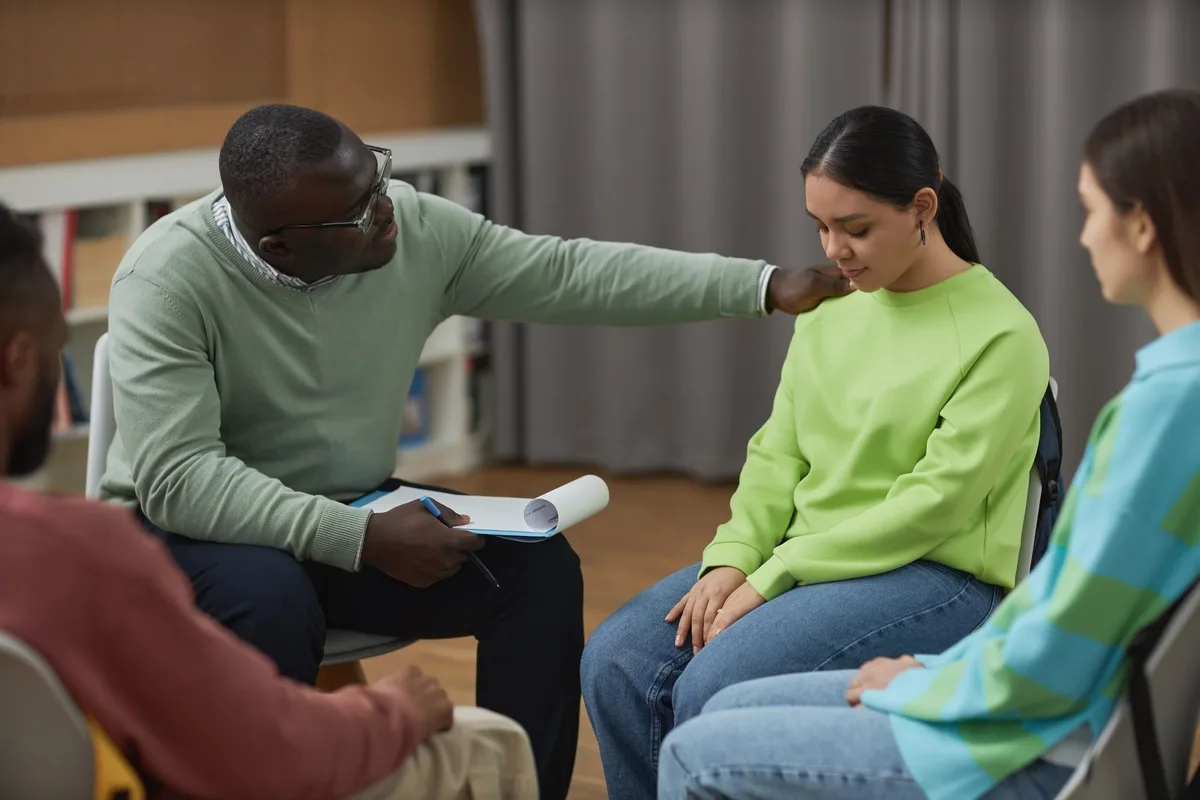






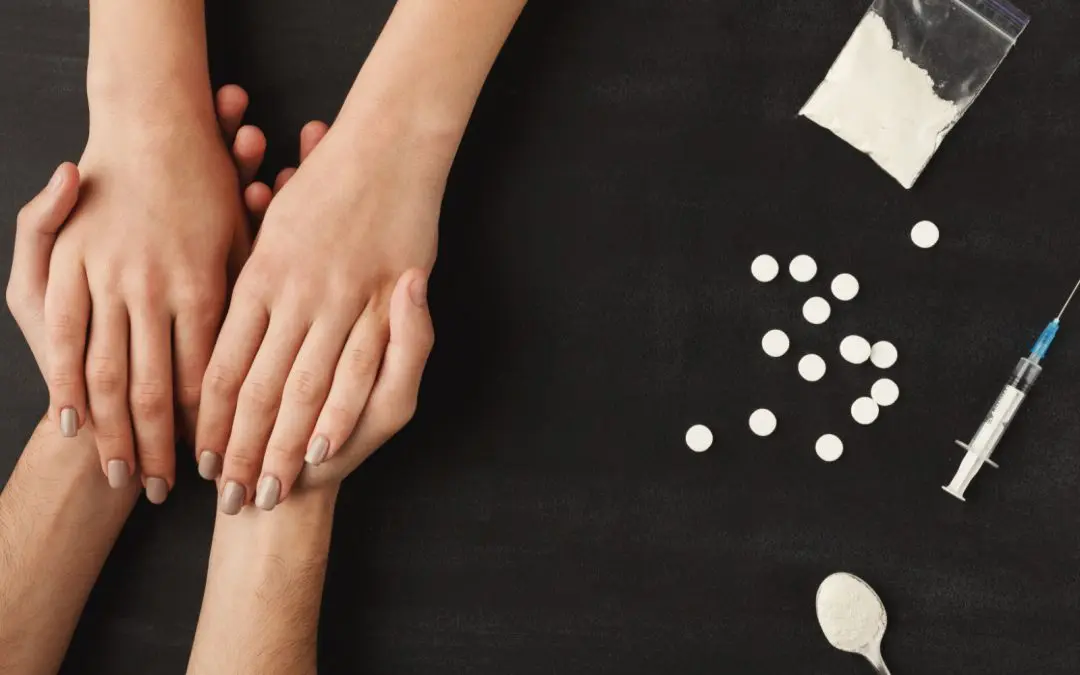

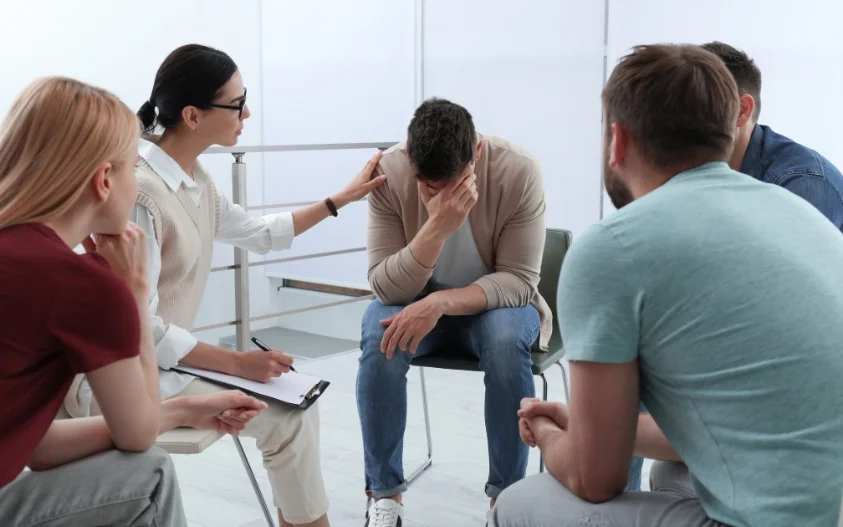
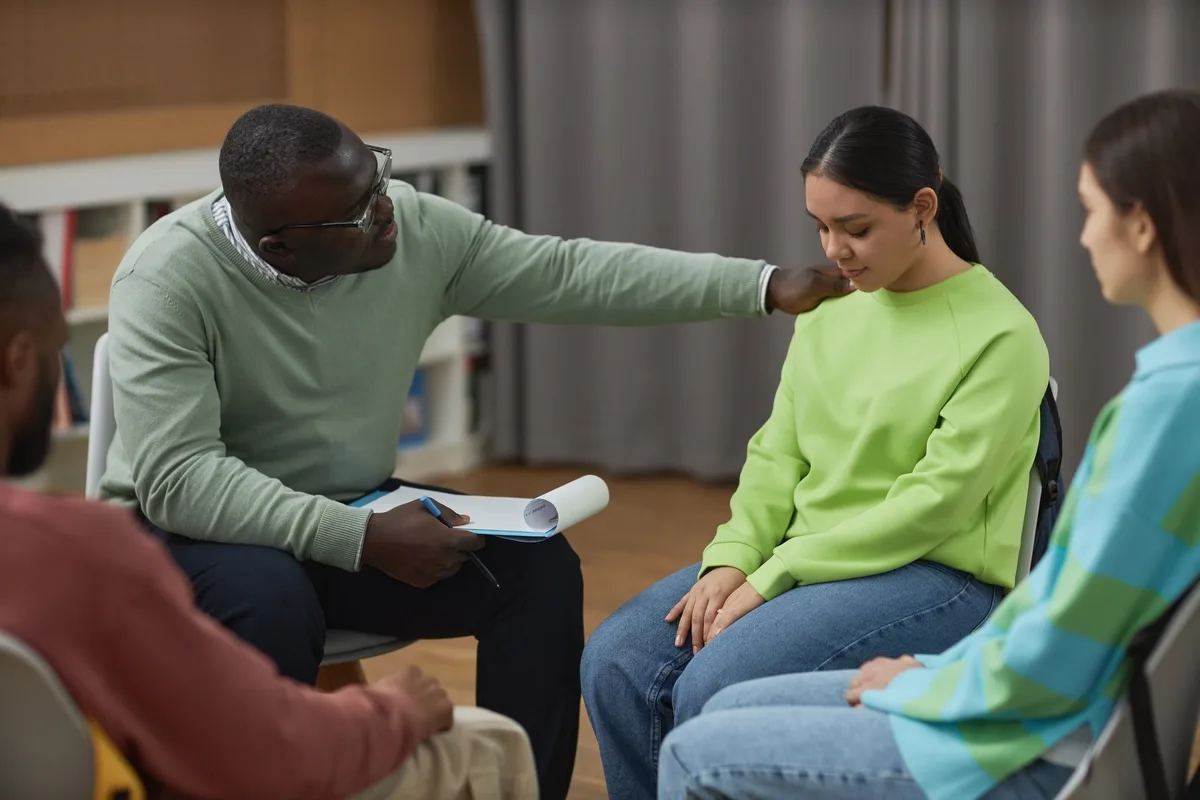


True Star Behavioral Health Services
True Star Behavioral Health Services is a public rehab located in Port Angeles, Washington. True Sta...

Klallam Counseling Services
Klallam Counseling Services is a public rehab located in Port Angeles, Washington. Klallam Counselin...

Makah Recovery Services
Makah Recovery Services is a public rehab located in Neah Bay, Washington. Makah Recovery Services s...

Cedar Grove Counseling
Cedar Grove Counseling is a private counseling clinic located in Port Angeles, WA. Cedar Grove Couns...

Trillium Treatment Center
Trillium Treatment Center is a private rehab located in Port Angeles, Washington. Trillium Treatment...

West End Outreach Services – Community Mental Health Agency
West End Outreach Services – Community Mental Health Agency is a public rehab located in Forks, Wash...

Peninsula Behavioral Health – Front Street Clinic
Peninsula Behavioral Health – Front Street Clinic is a private rehab located in Port Angeles, Washin...



















